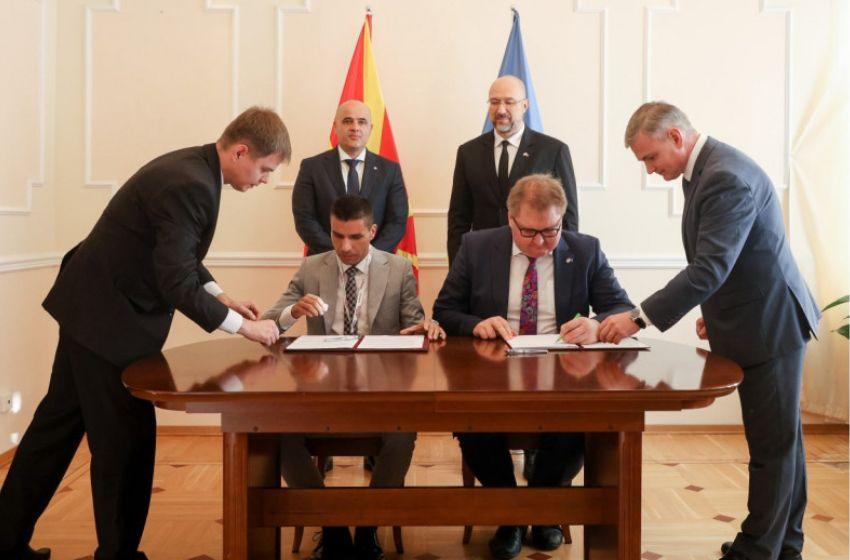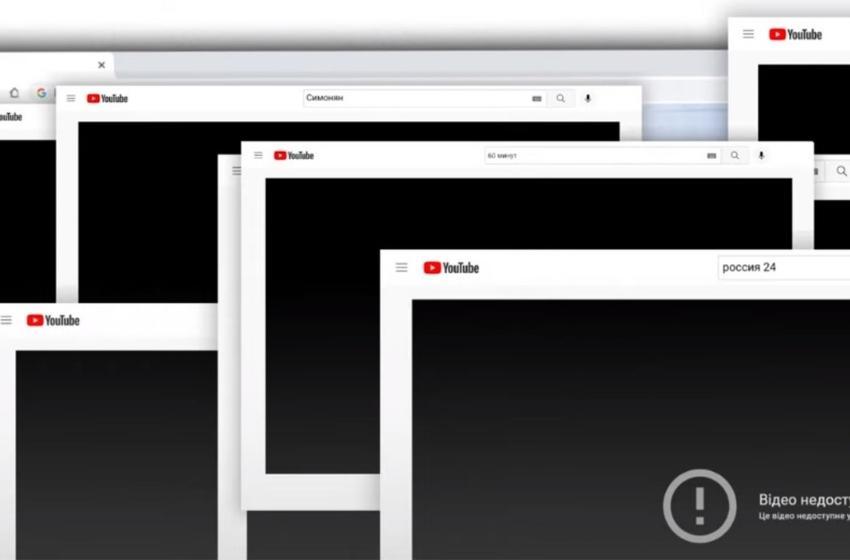The international working group on sanctions against Russia chaired by Head of the Office of the President of Ukraine Andriy Yermak and Director of the Freeman Spogli Institute for International Studies (FSI), Former US National Security Adviser, Ambassador Michael McFaul published a research on Russian oil price caps "Working Group Paper #10: Implementation of the Oil Price Cap".
Already from December 5, Russian oil will be sold at a price no higher than the price cap, which will limit Russia's income from the sale of oil and its ability to finance the invasion of Ukraine. However, the issue of the size of this price cap is still not resolved by the sanctions coalition partners. The research carried out by experts of the sanctions group, including such well-known experts as Craig Kennedy, Edward Chow, Elina Ribakova and Jacob Nell, lays out arguments and calculations that convincingly confirm the need to establish a price cap of USD 30-35 per barrel.
According to the authors of the research, this will lead to a reduction in Russia's income from oil and gas exports to $100 billion and will immediately cause serious financial pressure on the Russian Federation. At the same time, this price for Russian oil remains higher than the average production cost in Russia (USD 10-15 per barrel), which preserves incentives for the Russian Federation to supply oil.
Andriy Yermak, co-coordinator of the sanctions group, said: "I consider the arguments given that the price should be limited to $30-$35 persuasive. In any case, Russia will try to blackmail the world and not to sell oil to the markets. However, it will not be possible to completely abandon oil exports, and third countries will take advantage of the opportunity to get a discount to the level of the price cap. Therefore, if our partners show enough persistence and patience, the markets will quickly adjust, and Russia will inevitably become the main loser."
Experts describe two scenarios for implementing a price cap: hard and soft. With the implementation of the soft option, Russian oil and gas revenues will increase from slightly less than 250 billion dollars in 2021 to 350 billion dollars in 2022. In 2023, revenues will decrease to $165 billion, and in the second half of 2023, the quarterly rate of decline will reach $50 billion, which is already a problematic level for the Russian economy. However, in the scenario of severe sanctions, under the condition of a larger discount on oil, a decrease in revenues to a record low level of about 100 billion dollars is foreseen, which will be a catastrophic 8-10% of GDP for Russia.
The imposition of restrictions must be combined with strong enforcement to trace the supply of Russian oil and to identify and impose sanctions on any companies involved in sanctions evasion schemes. To counter this, the sanctions group proposes creating an independent monitoring group like UANI, which tracks Iranian oil exports, to monitor the movement of Russian oil and identify any companies involved in sanctions-evading operations.
Any termination of supply from Russia would damage many of Russia's oil fields, immediately put the Russian Federation in a precarious position in terms of its budget and balance of payments, and lead to the loss of additional oil market share.
Thus, in 2023, under the baseline sanctions scenario with an oil price cap, Russia will have significant difficulties in financing its balance of payments and budget. However, under the implementation of the ambitious scenario, which assumes a price of 30-35 dollars, the Russian Federation will reach a critically low level of oil and gas revenues already in the first half of next year.
Working Group Paper #10. Implementation of the Oil Price Cap - pdf - 1.42 mb





















